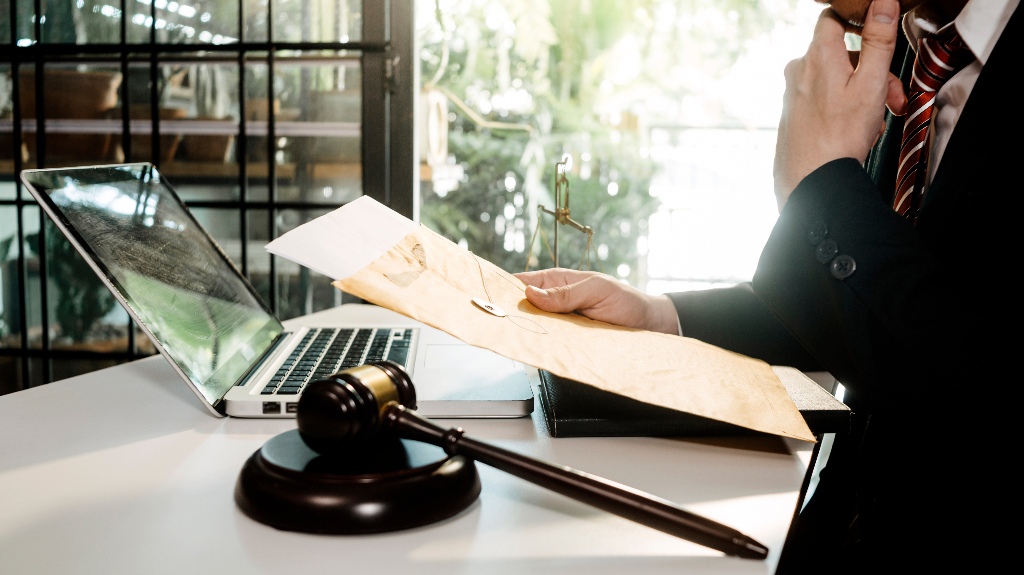How Legal Paraprofessionals Facilitate Constructive Communication Between Parties
Legal paraprofessionals play a vital role in today’s legal system, especially when it comes to fostering constructive communication between parties involved in disputes. Whether assisting in family law, civil litigation, or administrative proceedings, paraprofessionals help bridge gaps, reduce conflict, and promote resolution through clear, respectful, and legally sound dialogue.
At JNH Legal Services, PLLC, we help you work through the legal process effectively and efficiently. Get in touch with us today to learn how we can help.
What Is a Legal Paraprofessional?
Legal paraprofessionals are trained professionals who assist attorneys or work independently within a limited scope of practice. Their responsibilities may include:
- Drafting legal documents
- Explaining legal procedures
- Assisting with court filings
- Communicating with clients and opposing parties
- Supporting dispute resolution efforts
In Arizona, paraprofessionals are authorized to provide legal services directly to clients in specific areas such as family law, landlord-tenant disputes, or debt collection with specific limitations.
The Importance of Constructive Communication
Constructive communication is essential in legal matters, especially when parties must continue interacting after the case concludes, such as in co-parenting arrangements or business partnerships. Poor communication can escalate conflict, delay resolution, and increase legal costs. Legal paraprofessionals help mitigate these risks by:
- Clarifying misunderstandings
- Encouraging respectful dialogue
- Translating legal language into plain terms
- Facilitating timely and accurate information exchange
How Paraprofessionals Promote Effective Communication
1. Acting as a Neutral Liaison
Paraprofessionals often serve as intermediaries between parties, relaying messages in a neutral and professional manner. This helps reduce emotional tension and ensures that communication remains focused on legal issues rather than personal grievances.
For example, in a divorce case, a paraprofessional may help coordinate parenting schedules or exchange financial disclosures without direct confrontation between spouses.
2. Ensuring Clarity and Accuracy
Legal language can be confusing and intimidating. Paraprofessionals help translate complex legal concepts into understandable terms, ensuring that all parties fully grasp their rights, obligations, and options. This clarity reduces miscommunication and promotes informed decision-making.
3. Supporting Alternative Dispute Resolution (ADR)
Many paraprofessionals assist in mediation or arbitration settings, where constructive communication is key to reaching a settlement. They may help prepare clients for mediation, organize documentation, and facilitate respectful dialogue during sessions.
Their presence can help parties stay focused, avoid inflammatory language, and work toward mutually acceptable solutions.
4. Managing Documentation and Deadlines
Timely and accurate communication often hinges on proper documentation. Paraprofessionals ensure that all required forms, disclosures, and filings are completed and submitted on time. This prevents delays and demonstrates professionalism, which can positively influence negotiations and court proceedings.
5. Encouraging Compliance and Cooperation
When parties understand what’s expected of them and feel heard, they are more likely to comply with court orders and settlement terms. Paraprofessionals help foster this understanding by:
- Explaining procedural steps
- Clarifying consequences of non-compliance
- Encouraging proactive problem-solving
This approach promotes long-term cooperation and reduces the likelihood of future disputes.
Benefits for Clients and the Legal System
By facilitating constructive communication, legal paraprofessionals contribute to:
- Faster resolution of disputes
- Lower legal costs
- Reduced emotional stress for clients
- Improved access to justice
- Greater efficiency in court proceedings
Their work supports attorneys, empowers clients, and strengthens the overall effectiveness of the legal system.
When to Consult an Arizona Legal Paraprofessional

A legal paraprofessional (LP) can help you analyze your case and determine the best path forward. Jason Halper, the founder of JNH Legal Services, PLLC, is a dedicated LP with years of experience helping clients find cost-effective and efficient solutions. He is an accomplished paraprofessional and author, writing “Licensed to Lead: A Comprehensive Guide to Emerging as a Legal Paraprofessional.”
Clients may benefit from working with a legal paraprofessional when:
- They need help understanding legal documents or procedures
- They want to avoid direct conflict with the opposing party
- They’re participating in mediation or collaborative law
- They’re navigating a legal matter without full attorney representation
Work with a Legal Paraprofessional in Arizona for Help
If you are facing a legal issue and want to ensure smooth, respectful communication, consider working with a qualified legal paraprofessional. Their guidance can make a meaningful difference in both the process and the outcome.
Consult an experienced legal paraprofessional at JNH Legal Services, PLLC to learn more about how we can help. Contact us today to schedule a consultation.
Information on this website is for general information purposes only. Nothing on this site should be taken as legal advice. This information is not intended to create, and receipt or viewing does not constitute an attorney-client relationship. By submitting your information in any form on this website, you consent to be contacted via phone call, text message, or email. Please be aware that, while we use commercially reasonable means to protect information that is submitted, such information can never be 100% secure.

